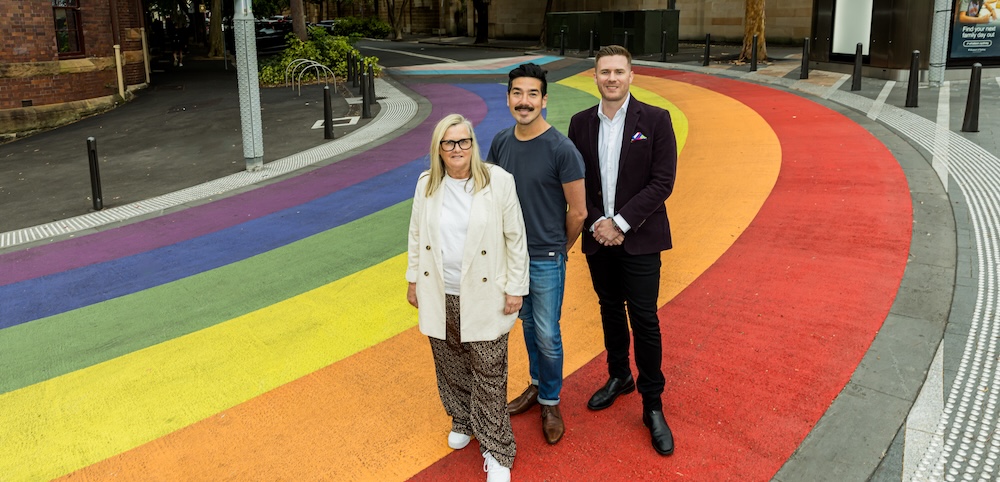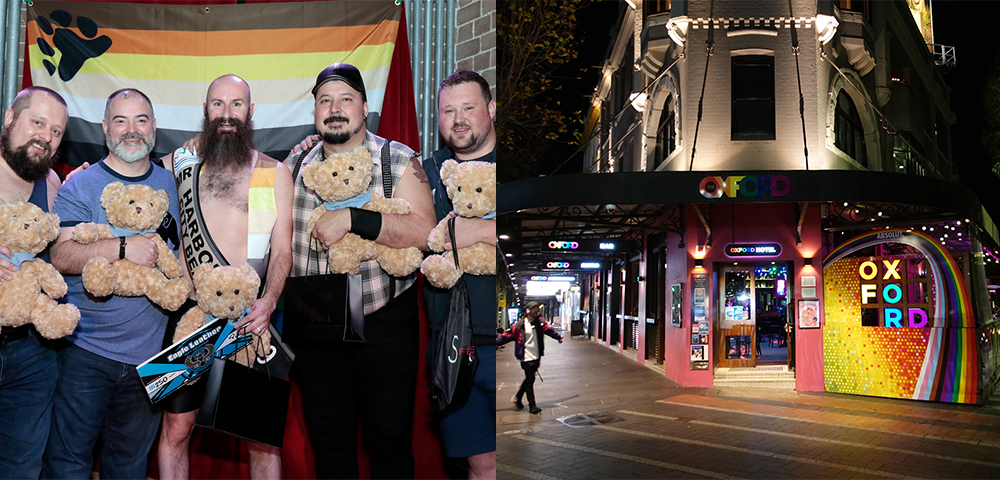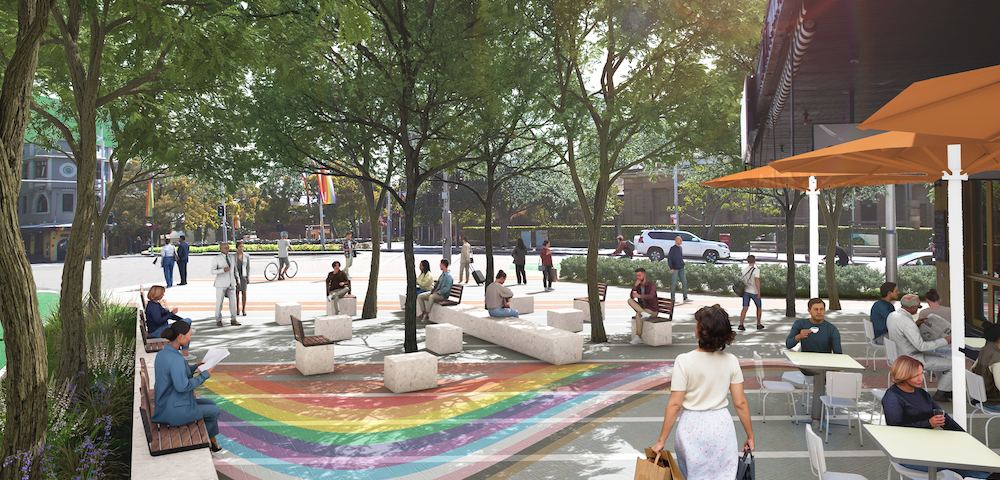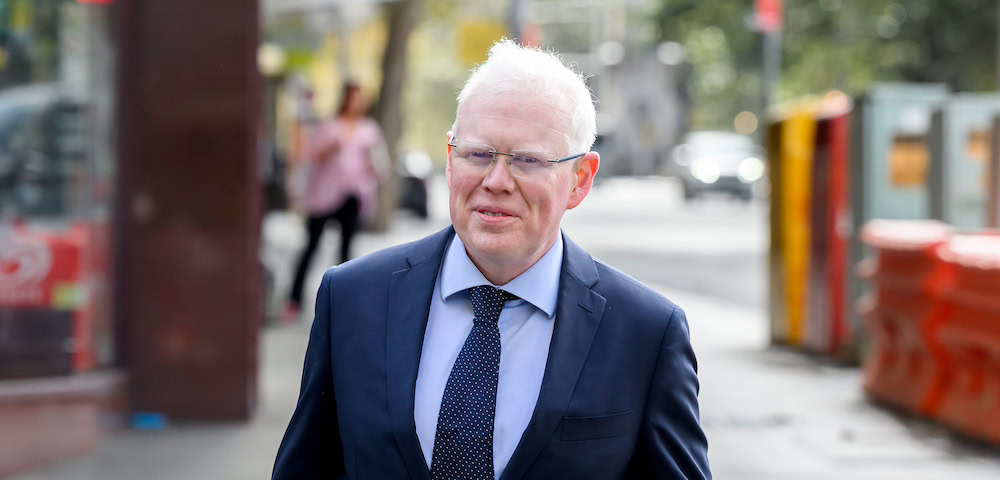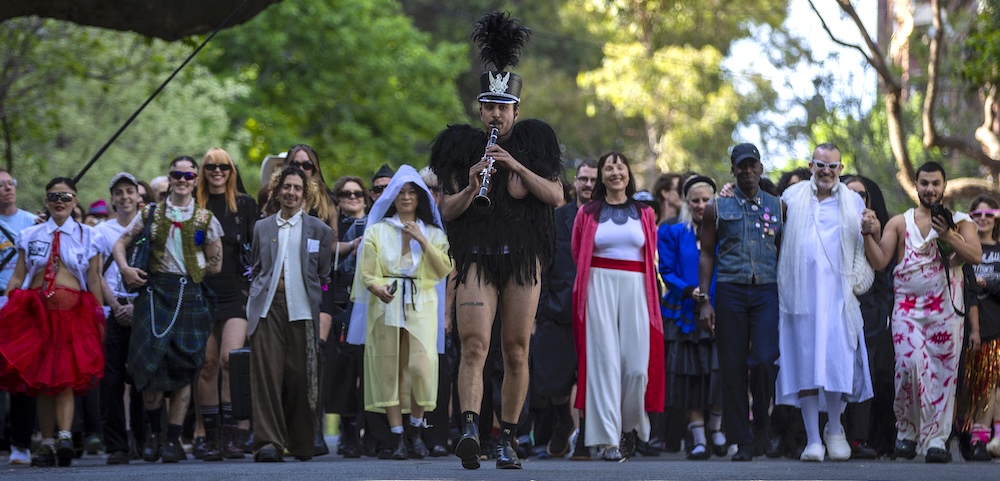
Lesbian police officer honoured
The Australasian Council of Women In Policing named Senior Sergeant Joy Murphy of Victoria Police Most Outstanding Female Leader in the Australasia and Pacific Island Region, ahead of many more senior contenders at a ceremony Monday 27 August.
The award cited her battle against discrimination, her role as a founder of the Gay & Lesbian Police Employee Network (GALPEN) and her work mentoring other gay and lesbian officers.
Senior Sergeant Murphy was commended as the first to complain to the Equal Opportunity Commission about discrimination on the grounds of lawful sexual activity and orientation within Victoria Police.
Joy was outed by colleagues in 1992, enduring a lot of grief before complaining to the Commission in 1998, after some police targeted her friends and supporters.
They kept knocking me down, Joy said. Unfortunately I’m a pretty determined sort of person. I kept getting back up. When they saw that wasn’t working they started targeting people who were supporting me. That’s when I decided to take it further, because that actually hurt me more than them having a go at me.
At the same time she helped to start GALPEN, which was begun by David Truman and Jill Wood.
Dave -¦ said there’s a lot of people in this job that are getting hardly done by and we need to do something to help them. So given that I’d been outed anyway, I decided yes, nothing to lose now -“ at least I didn’t think I had at the time -“ and so I became involved.
With no support from the Police Association, Murphy’s situation didn’t improve until she was introduced to lawyer Melanie Young. Finally, on the eve of the main hearing, Victoria Police settled, but not before Murphy’s partner, also a member of the force, had been forced out by the pressure.
Even then Murphy’s battles were not over. Only six months after returning to work she was diagnosed with leukemia, which she believes was triggered by the years of stress.
Now in remission, she remains upbeat and confident that it was all worth it. She says the battle with the disease is not as draining as her battle with discrimination.
I mean you can accept if you get an illness. There’s a chance anyone can get some kind of illness, she said.
But you don’t expect people who you’ve worked with and maybe even done things to save their lives and help them, to suddenly turn on you , when you’ve done nothing to them. You’re the same person you were, they just know a little bit more about you.





